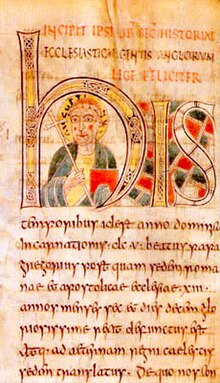
St Augustine tells us that:
By use of meat and drink men would fain that " they shall hunger no more, neither thirst any more," and yet there is but one Meat and one Drink, Which doth work in them that feed thereon that " this corruptible must put on incorruption, and this mortal put on immortality," namely communion with that general assembly and Church of God's holy children, who are "kept in perfect peace," and are "all one," fully and utterly.
And therefore it is, as men of God before our time have taken it, that our Lord Jesus Christ hath set before us His Body and His Blood in the likeness of things which, from being many, are reduced into one. In one loaf are many grains of corn, and one cup of wine the juice of many grapes.
And now He giveth us to know how that which He spake cometh to pass, and how indeed "this Man can give us His Flesh to eat," and His Blood to drink. "He that eateth My Flesh, and drinketh My Blood, dwelleth in Me, and I in him." To dwell in Christ, therefore, and to have Him dwelling in us, is to "eat of that Bread and drink of that Cup."...



